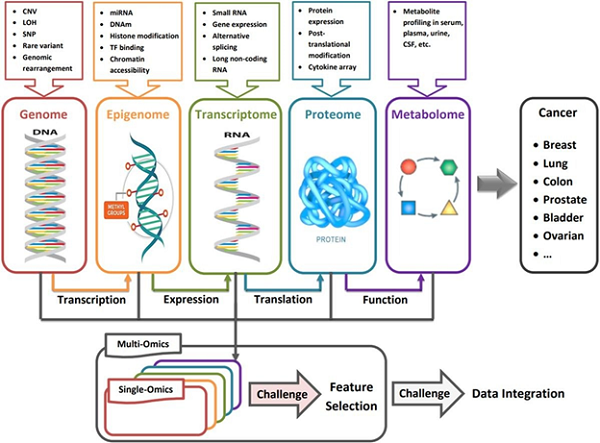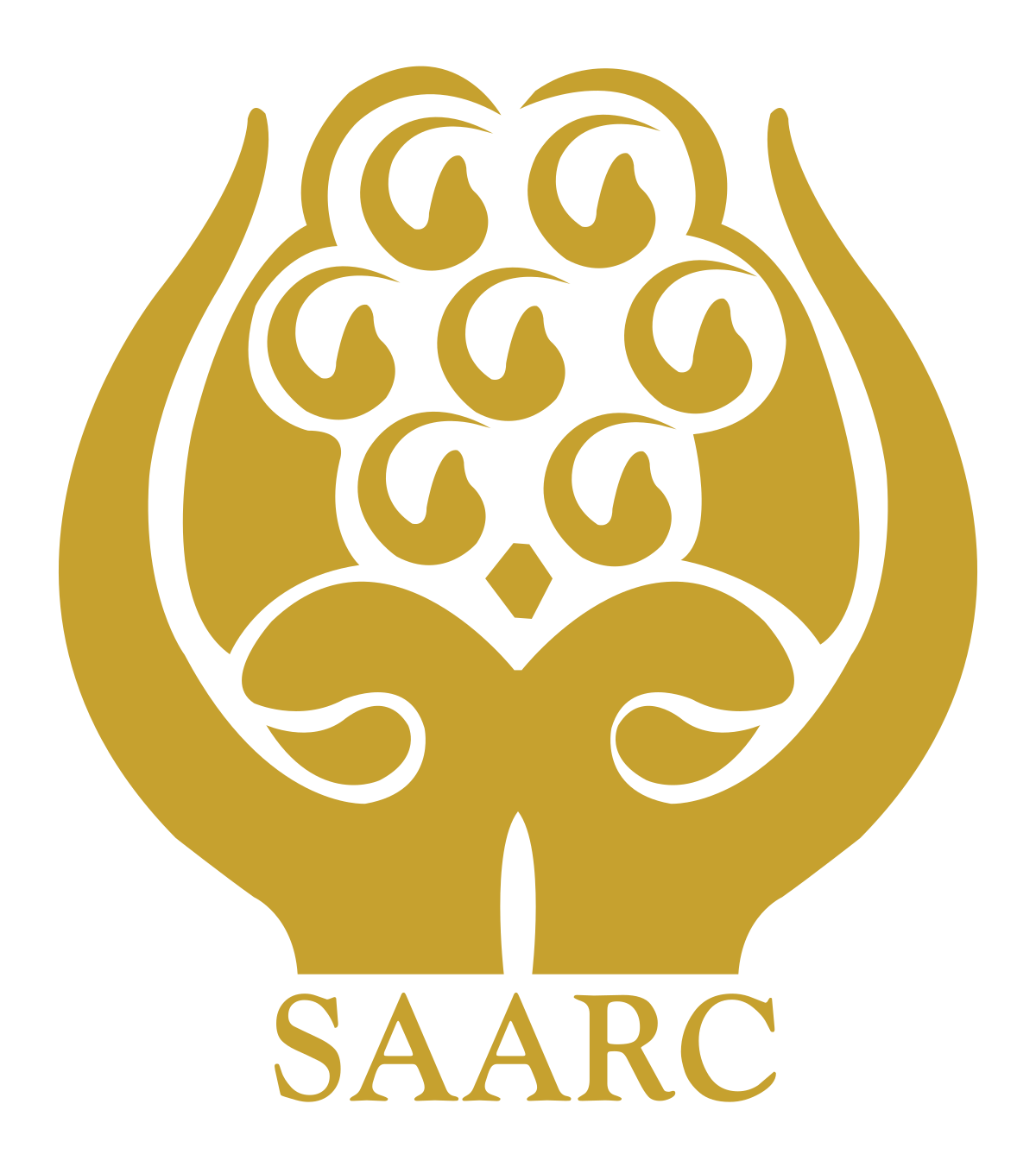Machine Learning and Statistical Inference
Welcome to the webpage of the Machine Learning and Statistical Inference Lab (MLSI-LAB), led by Dr Reshma Rastogi in SAU’s Department of Computer Science, which is a cross-disciplinary Machine Learning and Statistics lab.
Current Research Domains:
Quantum Machine Learning (QML):
Quantum computing is a rapidly-emerging technology that harnesses the laws of quantum mechanics to solve problems too complex for classical computers. These are equivalent to large classical computers, often with thousands of classical CPU and GPU cores. Basically, quantum computers can do billions of years’ worth of computing over the course of a weekend and untangle some of the world’s most complex problems in the process.
Quantum computing is preferred when the goal is to find the best decision out of many possible decisions such as optimization problems. Quantum Machine Learning (QML) is a growing field that brings together quantum computing and machine learning. The main premise of QML is to use the inherent advantages of quantum computing (including superposition, entanglement, and quantum parallelism) to improve the performance of classical machine learning algorithms. For example Quantum embedding kernels, helps quantum computers to encode data in ways that are difficult for classical machine learning methods.
The Field of Quantum Computing and Machine learning finds tremendous scope in Financial Services Industry. The field of financial services industry deals with huge amounts of data which increase with the speed of trades, transactions and data processing. Finding the best solutions requires solvers like Quantum computing, whose biggest potential use is in simulation. It helps identify a better way to manage risk in the financial world. Quantum computers can deal with the processing time and cost for high-quality solutions that increase exponentially if a classical computer is used. Thus increased optimisation capabilities, driving new cost savings and opportunities for revenue generation makes quantum computing a preferable choice for researchers and traders.
Applying emerging quantum technology to financial problems, particularly those dealing with uncertainty and constrained optimization, should also prove hugely advantageous to traders who are able to make calculations that reveal dynamic arbitrage possibilities that competitors are unable to see. Further, compliance employing behavioral data to enhance customer engagement, and faster reaction to market volatility are some of the specific benefits we expect quantum computing to deliver.

Multi-Label Classification (MLC):
Multi-Label is a sub field in pattern classification which requires an in depth understanding of traditional classification paradigms (i.e. binary and multiclass classification) in order to develop successful multi-label learning algorithms,Though multi-label learning is one aspect of machine learning, it inspires learning most of the machine learning algorithms, techniques ranging from various binary classification problems like supervised, semi supervised etc., to multi-class classification problems to popular algorithms like Google’s Page-Rank algorithm being adapted to multi-label learning. In short, multi-label learning is emerging as an umbrella domain that brings together various learning paradigms in machine learning, which one can find beneficial applications in multi-label learning. Our motive is to develop simple techniques and classifiers that can handle a broad spectrum of problems and generalize well by learning the properties of the data, hence eliminating the need for complicated techniques that modulate the same. We observed different machine learning tools, techniques, and algorithms working in the multi-label domain. Apart from this, other emerging domains branching from multilabel learning like multi-view learning, extreme multilabel classification, online multi label learning, statistical multi label learning etc., are also gaining attention. On the whole, multi-label classification is not only challenging but also very interesting. It has a broader range of applications and further extensions, thus making it an excellent field for study. One can explore the concepts and techniques that belong to some domains in machine learning and try to discover its creative applicability for multi label learning through innovative methods.

Efficient Machine Learning Based Data Integration Approaches in Health Care Applications:
Medical data include electronic health records (EHRs), medical images (such as X-rays, CT scans, and MRI scans), genomics data, vital signs, medication records, laboratory test results, and patient demographics. These data are generated by a variety of sources, such as hospitals, clinics, pharmacies, medical devices, and wearable technology. Integration of these data is one of the important aspects as it helps to get the holistic view to the patient outcome especially in the diagnosis and treatment. These data are often complex, heterogeneous and incomplete, which makes it difficult to perform meaningful analysis and visualization.
It is always a big challenge to integrate these data therefore appropriate mathematical techniques and machine learning algorithms need to be selected in order to overcome these shortcomings. Mathematical techniques such as linear algebra and graph theory are used to represent and manipulate the data and Machine learning algorithms can be used to identify patterns and relationships between different datasets. In many cases, labelled data is scarce hence making it difficult to train supervised machine learning algorithms. Thus, learning needs to be implemented in a semi-supervised machine learning framework. Traditional machine learning algorithms fail to learn the complex relationships between features and also to deal with noise and variations involved while data integration.

** For getting more information and updates regarding our research team please visit our lab website. Link: https://rebrand.ly/ml-lab
Machine Learning Workflow

Current Lab members
PhD Scholars

(Aug 2019 - Present)
Country: India
Email: sanjay.krk@gmail.com
Research Title: Variants of Multi Label learning models with Missing labels

(Nov 2020 - Present)
Country: India
Email: sambhavjain0712@gmail.com
Research title: Efficient Variants of Non-parallel plane classifiers for Pattern Classification

(Oct 2021 - Present)
Country: Nepal
Email:mamtasharma349@gmail.com
Research Title: Machine Learning Based Multi-Omics Data Integration
Masters Students

(Aug 2022- Present)
Country: Bangladesh
Email: sayanta28@gmail.com
Research Title: Decision-Tree Based Multilabel Classification

(Aug 2022- Present)
Country: India
Email: bhawnasingh16072000@gmail.com
Research Title: Hypergraph based Least Squares Classification

(Aug 2022- Present)
Country: Pakistan
Email: chelanirahulkumar@gmail.com
Research Title: Dimension Reduction

(Aug 2022- Present)
Country: Afghanistan
Email: saeedarab29@gmail.com
Research Title: Aspect Based Sentiment Analysis
Alumni
Graduate PhD Sholars

(2013 - 2018)
Country: India
Email: saigal.pooja.in@gmail.com
Thesis Title: “Time Efficient variants of Twin Support Vector Machine and its Applications to Image Processing"

(2014 - 2019)
Country: India
Email: aman.pal2610@yahoo.in
Thesis Title: “Efficient Plane based Classification and Clustering Approaches with their Applications"

(2015 - 2020)
Country: India
Email: sharma.sweta.2007@gmail.com
Thesis Title: “Efficient Large Scale Learning Variants of Twin Support Vector Machine and their Applications"

(2015 - 2021)
Country: India
Email: ltpritamanand@gmail.com
Thesis Title: “Generalized Support Vector Regression models"
Graduate MSc Students
| Sl. No. |
Thesis Title |
Students Name |
Programme |
Year |
|
1 |
Twin Support Vector Regression |
Pritam Anand and M. Alam |
MSc Computer Science, SAU |
May 2015 |
|
2 |
Machine Learning Application to Human Activity Recognition |
Sweta Sharma |
MSc Computer Science, SAU |
May 2015 |
|
3 |
Machine Learning Application in Big Data Analytics |
Chettan Kumar |
MSc Computer Science, SAU |
May 2015 |
|
4 |
Active Learning via Twin Support Vector Machines |
Nishu Nath and Shivanghi Singhal |
MSc Computer Science, SAU |
May 2016 |
|
5 |
Privacy Preservation via SVM and TWSVM |
Jay Pratap Pandey and Lagneesh Pandey |
MSc Computer Science, SAU |
May 2016 |
|
6 |
Incremental Algorithms for Big Data |
Amirjan Nepal |
MSc Computer Science, SAU |
May 2016 |
|
Maternity Leave 2016-2017 |
||||
|
7 |
Extreme Multi label Classification |
Puneet Kumar and Vikash Kumar Dubey |
MSc Computer Science, SAU |
May 2018 |
|
8 |
Variants of Incremental Twim Support Vector Machines |
Saubhagya Kataria |
MSc Computer Science, SAU |
May 2018 |
|
9 |
Variants of Twin Extreme Learning Machines |
Amisha Bharti |
MSc Computer Science, SAU |
May 2018 |
|
10 |
Omega Based Portfolio Optimization |
Niharika Tiwari |
MSc Computer Science, SAU |
May 2018 |
|
11 |
Time Efficient Classifiers |
Hamid Safdari |
MSc Computer Science, SAU |
May 2018 |
|
12 |
Personalized Intelligent Assistant |
Ankit Kumar |
MSc Computer Science, SAU |
May 2018 |
|
13 |
Oblique Random Forest via NHCs |
Anubhav David |
MSc Computer Science, SAU |
May 2019 |
|
14 |
Transfer Learning with Generative Adversarial |
Ritesh Gagnani |
MSc Computer Science, SAU |
May 2019 |
|
15 |
Multi Task Learning Models and Extension |
Mustaffa Hussain |
MSc Computer Science, SAU |
May 2019 |
|
16 |
Multi Label Learning : Models and Extension |
Simran Popli and Nima Dorji |
MSc Computer Science, SAU |
May 2019 |
|
17 |
Multi-label Learning using Minimax Probability Machine |
Sambhav Jain |
MSc Computer Science, SAU |
May 2020 |
|
18 |
Regularized Minimax Probability Machine |
Upasana Pandey |
MSc Computer Science, SAU |
May 2020 |
|
19 |
Review of Label Specific Features Algorithms for Multi-Label Learning |
Reza |
MSc Computer Science, SAU |
May 2020 |
|
20 |
Diagnosis Of Alzheimer’s Disease Using Machine Learning Techniques |
Saloni Kawatra and Udhay Singh Tomar |
MSc Computer Science, SAU |
May 2020 |
|
21 |
Variants of Multilabel Learning with Missing label |
Sayed Mortaza |
MSc Computer Science, SAU |
May 2021 |
|
22 |
Network Traffic Classification for Intrusion Detection using Incremental Twin Support Vector Machines |
Ruhullah Yusufi |
MSc Computer Science, SAU |
May 2021 |
|
23 |
Joint Multi-Label Learning and Feature Selection with Missing Label using Local Linear Embedding |
Nadira |
MSc Computer Science, SAU |
May 2021 |
|
24 |
Efficient variants of Random Forest based classifiers |
Ashish Kunmar |
MSc Computer Science, SAU |
May 2021 |
|
25 |
Multi-Label Learning Using Variants of Extreme Learning Machine |
Divyanshi Gupta |
MSc Computer Science, SAU |
May 2021 |
|
26 |
Addressing Class-Imbalance using Generative Adversarial Networks |
Aatif Nisar |
MSc Computer Science, SAU |
May 2022 |
|
27 |
Entropy Value at Risk Based Portfolio Optimization and Diversification |
Ajeet Yadav |
MSc Computer Science, SAU |
May 2022 |
|
28 |
Analysis of Risk Measures, Portfolio Optimization and Technical Indicator for Stock Market Prediction |
Phuntsho Dema |
MSc Computer Science, SAU |
May 2022 |
|
29 |
Variants of Twin Support Vector Machine for Pattern Classification |
Shuvo Saha Roy |
MSc Computer Science, SAU |
May 2022 |
|
30 |
Twin Support Vector Machine for Functional Data Classification |
Muskan Singhal |
MSc Computer Science, SAU |
May |
Projects in Collaboration with IIT, Delhi
Projects jointly supervised with Dr. Suresh Chandra (IIT Delhi) and Dr. Aparna Mehra (IIT Delhi)
2014: Semi Supervised Twin Support Vector Machines (M.Tech. Project)
2013: Twin Support Vector Regression (Mini M. Tech Project)












